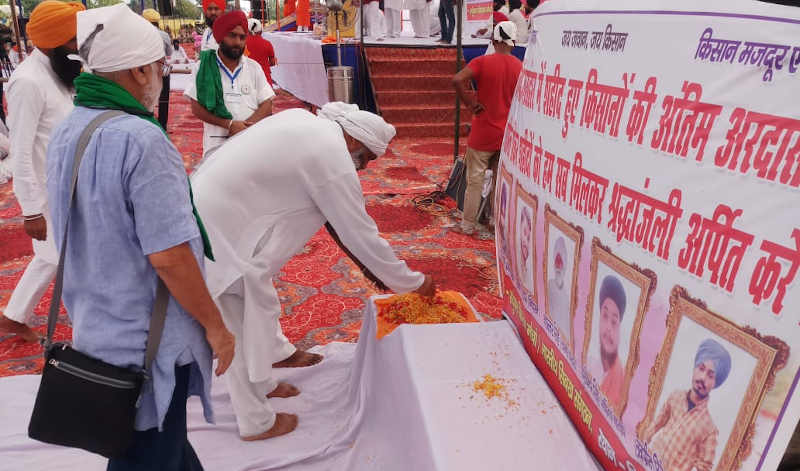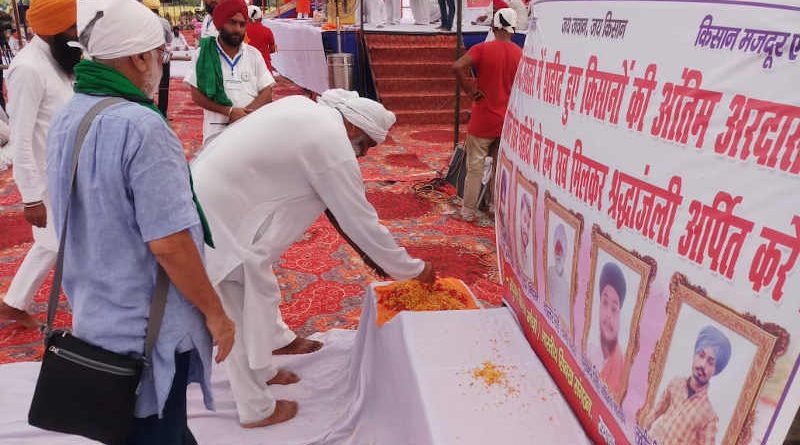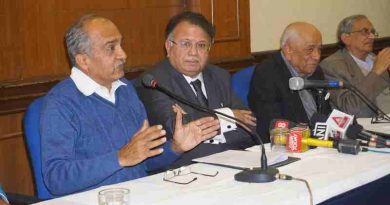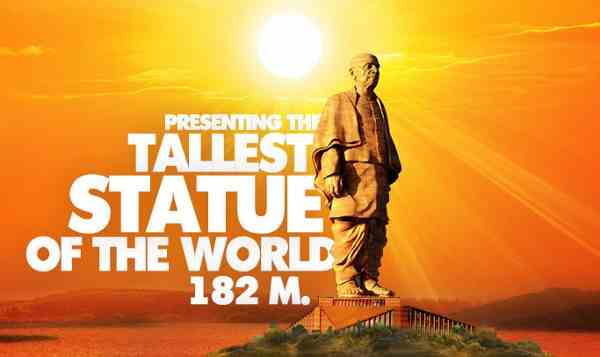Will Farmers Get Justice at the Supreme Court in Lakhimpur Kheri Case?

The spineless Supreme Court is unlikely to take any decision that may displease PM Modi.
By Rakesh Raman
The family members of the deceased farmers – who were run over by a car belonging to an Indian minister Ajay Mishra’s son Ashish Mishra – have moved the Supreme Court for the cancellation of bail granted to the minister’s son. Ajay Mishra belongs to the Bharatiya Janata Party (BJP) of prime minister (PM) Narendra Modi.
Earlier this month, February 2022, the Allahabad High Court had granted bail to Ashish Mishra in the Lakhimpur Kheri violence case in which four protesting farmers and another person were killed.
The united body of farmers – Sanyukt Kisan Morcha (SKM) – has been demanding the arrest of minister Ajay Mishra who is accused of a conspiracy to murder the farmers on October 3 last year at Lakhimpur Kheri in the Uttar Pradesh (UP) state.
However, SKM was shocked to know that let alone arresting the minister, even his accused son was released from Jail. The SKM leaders had urged the voters to defeat the candidates of Modi’s BJP in the ongoing state elections – particularly in UP and Uttarakhand.
According to a report of today (February 21) in the Bar and Bench news site, the families of the victims have filed a petition in the Supreme Court through advocate Prashant Bhushan to challenge the bail order. The petitioners assert that they have been compelled to approach the Supreme Court because the State of Uttar Pradesh has failed to file an appeal against the High Court order granting bail.
But the spineless Supreme Court is unlikely to take any decision that may displease PM Modi. When the case is against Modi or his colleagues, the Supreme Court judges do not show courage to pronounce any judgment against them. In order to protect them, these complicit judges either issue some perfunctory notices to the government, form ineffective committees, or defer the cases eternally.
In the past, multiple cases have been either ignored by the Supreme Court arbitrarily or the judgments have gone in favor of the Modi government. These cases include Ayodhya temple case, Rafale corruption case, electronic voting machines (EVM) fraud case, PM-CARES Fund case, Article 370 case on Kashmir, Judge Loya death case, Gujarat riots case, Citizenship Amendment Act (CAA) case, electoral bonds case, judicial corruption case, sextortion case of former Chief Justice Ranjan Gogoi, environmental crime case, Pegasus spyware case, and a number of other cases which still await justice. Thus, the Supreme Court of India has lost its credibility and relevance.
COMPLICIT POLICE AND WEAK COURTS
Usually, the police and courts do not take action against Modi, the Modi government, and BJP leaders. The police officers have seen the horrific case of Gujarat riots whistleblower Sanjiv Bhatt who tried to raise his voice against Modi (who was then the chief minister of Gujarat) in the case related to Gujarat pogrom of 2002 in which over 2,000 people – mostly Muslims – were murdered.
Bhatt – who was a senior police officer – has been implicated in a custodial death case of 1990 and serving life imprisonment under Section 302 of the Indian Penal Code (IPC). Shweta Sanjiv Bhatt, the wife of Sanjiv Bhatt, maintains that it is a fabricated case in which her husband has been falsely implicated.
Similarly, most judges must be scared after witnessing the fate of judge Loya (Brijgopal Harikishan Loya) who had died in mysterious circumstances. In this case, BJP leader Amit Shah – who is now the Home Minister of India – was the prime accused.
But no investigation or investigating officer can dare to point the finger at Amit Shah who controls the police and other law-enforcement agencies. Judges and investigating officers know if judge Loya can die in an inexplicable manner, they also can be made to face the same fate.
Earlier it had happened in the Vyapam scam case in which, like Amit Shah, another BJP leader and Madhya Pradesh chief minister Shivraj Singh Chouhan was an accused. As the investigation into the Vyapam case was progressing, the witnesses and others familiar with the case started disappearing.
A Special Task Force (STF) submitted a list to the high court in 2015 informing that 23 people died “unnatural death.” Some media reports claimed that more than 40 people associated with the Vyapam scam had died under mysterious circumstances.
Obviously, most witnesses, police officers, and judges will not dare to go against the will of Modi and his associates such as BJP minister Ajay Mishra who is involved in the farmers’ case.
Now, many observers believe that India is fast becoming a dictatorial state like China, North Korea, and Russia where the government critics are executed under false charges or killed secretly by poisoning or shooting them.
By Rakesh Raman, who is a national award-winning journalist and social activist. He is the founder of a humanitarian organization RMN Foundation which is working in diverse areas to help the disadvantaged and distressed people in the society.





